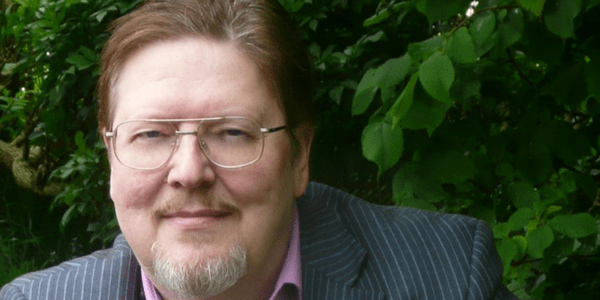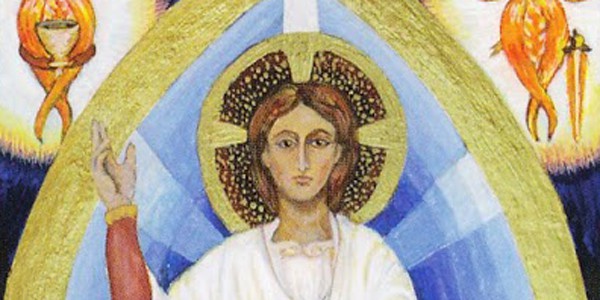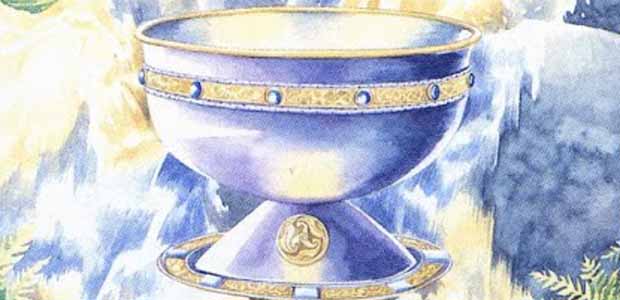
 Merlin: Once and Future Wizard, by Elen Sentier
Merlin: Once and Future Wizard, by Elen Sentier
Moon Books, 9781785354533, 112 pp., 2016.
Aside from, maybe, the Harry Potter series, I don’t think any literature was more influential or important to me growing up than the Arthurian legends. So, when I noticed that Pagan Portals had put out a book on Merlin, I was intrigued. However, after reading it, Merlin: Once and Future Wizard kind of missed the mark for me.
The Pagan Portals series by Moon Books is well-recognized in the occult community for its excellent, short introductory guides on a variety of topics related to Paganism and the Occult. I’ve read two or three of these titles prior to reading Merlin and found them comprehensive and thorough for such small books.1 In one case though, when I read one pertaining to a specific goddess, I wished that the author had included more details about her personal relationship and experiences with the deity.
Now that I’ve read Merlin, I’ve had to reconsider that wish. My major complaint about this book is that the balance between information about Merlin and personal anecdote seems very skewed in favour of the personal. The author, Elen Sentier, practices British native shamanism, and recounts many of her lifelong experiences journeying with Merlin, including a rather uncomfortable one during her college years. Maybe it comes down to different backgrounds and approaches, but I didn’t know exactly what to make of these stories! I have no real experience with any branches of shamanism, so it’s very possible that what’s written here might resonate more with a different reader, but the content coupled with Sentier’s frank authorial voice read mostly as eccentric to me.
Perhaps these inclusions might have worked in a longer book, but in a volume that doesn’t quite reach 100 pages, I wish (wishing again!) that it had erred on the side of providing more solid information.
At a glance, the scope of the book is ambitious. I was excited to see chapters on both Broceliande — a location in France that appears in Arthurian legend, but is also of personal significance in my creative writing — and Vivien, Merlin’s female counterpart, listed in the index. That is to say, for a brief primer, the book sets out to cover a good deal more than just Merlin’s personal history. But given the way it divides its focus between trying to inform and relating the author’s experiences with Merlin, I often found myself wondering what I was learning, and what I was meant to take away from the text. It does present some interesting ideas about liminality, and Merlin and Vivien as liminal powers, but with everything else happening around those ideas, I just can’t recall if a conclusion or a point was ever reached.
Maybe that’s exactly what makes me the wrong reader for this book: for someone on a shamanic path, the journey might be the point. But for me, especially when I’m meant to be reading an introductory book, what I’m interested in is the destination. What can I learn from the text? What can I take away from it and use in my own practice? What’s the point? In this case, I really don’t know. And as much as I’d like to give the book and its author the benefit of the doubt, and write this reading experience off as two people who present and process information in very different ways, I don’t have it in me to recommend Merlin: Once and Future Wizard.
Nevertheless, the figure of Merlin is still of interest to me — especially if it extends to include related topics like Broceliande and Vivien. If and when I want to read about him again, I think the bibliography in this book will be a useful resource. For anyone else who’s come across this review looking for a place to start, I’d suggest passing on this book, but I will nudge you in the direction of John and Caitlin Matthews who, between them, have published a large body of work related to Merlin and the Arthurian legends.
Image credits: Ishtaure Dawn
- See Sharon’s review of Irish Paganism by Morgan Daimler. [↩]








